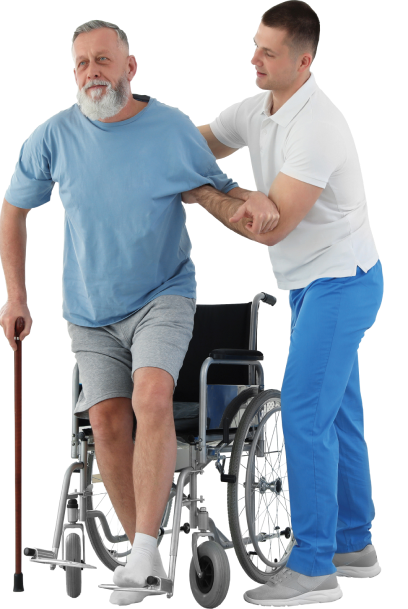Leonardo DiCaprio's co-star Chase Infiniti has revealed she gave the actor an 'education' in TikTok and K-pop before his viral Golden Globes moment.
The actress, 25, starred opposite Leonardo, 51, in the hit movie One Battle After Another.
During last month's awards ceremony, Leonardo was spotted chatting animatedly with Teyana Taylor.
The exchange took place during a commercial break but quickly set social media alight when viewers noticed Leonardo laughing, pointing and seemingly discussing K-pop.
Lip readers and fans speculated he appeared to say something along the lines of: 'I was watching you with the K-pop thing. You were like, is that K-pop?'
Now, in a new interview, Chase revealed she had introduced Leonardo to both TikTok and the global music phenomenon while on set of their movie.
By signing up, you will receive our newsletter as well as marketing emails with news, offers and updates from the Daily Mail. You can unsubscribe at any time. For more information, see our Privacy Policy.
She told The Times: 'I'd be like, 'Guys, let's make TikToks, this is what my generation really likes to see,' and whatnot.'
Speaking about her love of K-pop, she added: 'I would tell them about my favourite groups.'
Reflecting on Leonardo's viral Golden Globes moment, Chase said she had given him a crash course in the genre, joking: 'It was more like I gave him an education.'
It comes after deaf content creator Jackie G read the viral conversation as: 'I was watching you with the K-pop thing. You were like [peers over looking confused] is that? Who is the K-pop? Are they? Is it? We were laughing - we were like, is that? Is that K-Pop?'
As well as what the was saying, the star pointed at his own eyes before playfully pointing at the offscreen person, letting them know he was 'watching' them before excitedly waving his fingers around and clapping.
X users swiftly asked who he was talking to and what he was saying, to which AI took Grok replied: 'It's a viral lip-reading video from the 2026 Golden Globes showing Leonardo DiCaprio chatting with Teyana Taylor during a break...
'The deaf lip reader's take: He's saying he watched her with "the K-pop thing," asks "who is the K-pop?" and they laugh about it, ending with "sure, I'll sign." Likely lighthearted gossip... leonardo dicaprio talking to teyana taylor'.
Aside from his K-pop chat, Leonardo set tongues wagging further with an interaction with Pretty Woman star Julia Roberts, where he was seen covering his mouth and repeatedly saying 'that's star power!' after they were photographed.
And in another now-viral clip, Leonardo was seen putting on an extremely animated display while interacting with someone at another table during a commercial break.
He was seated next to his mother Irmelin Indenbirken, 82, and co-star Sean Penn during the three-hour ceremony held in Beverly Hills and broadcasted live on CBS.
Leonardo was the unexpected life of the party as the notoriously private star was frequently caught making funny expressions.
Fans admitted that they 'loved' seeing this rare side of DiCaprio, who often hides himself behind N95 masks when in public.
'I am literally howling... this is the most animated i've ever seen him in my entire life,' penned one X user.
The fun faces didn't just occur during commercial breaks as he also had plenty of reactions to Nikki Glaser's jokes about him in her explosive opening monologue, where she made reference to the Epstein files, CBS News' recent 'anti-work' overhaul and his infamous dating life.
She took a major dig at Leonardo's reputation for dating women under the age of 25 as she applauded his performance in the nominated film One Battle After Another, which she jokingly referred to as 'One Man-Bun After Another.'
'What a career you have had,' she said to DiCaprio. 'Countless iconic performances. You've worked with every great director, you've won three Golden Globes, and an Oscar.
'The most impressive thing is that you were able to accomplish that all before your girlfriend turned 30. It is just insane.'

 303-268-2156
303-268-2156




 Service Areas
Service Areas























